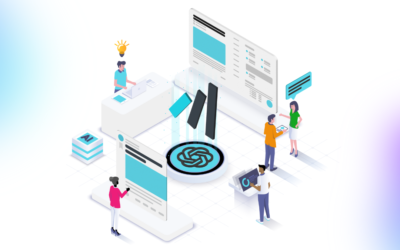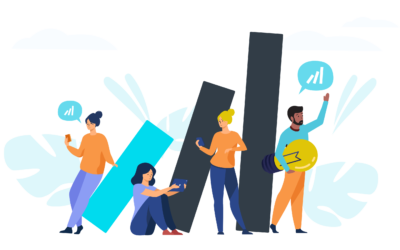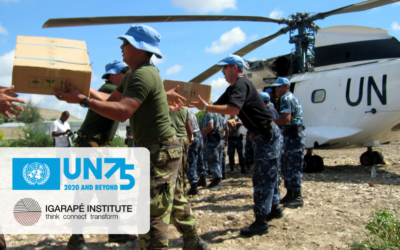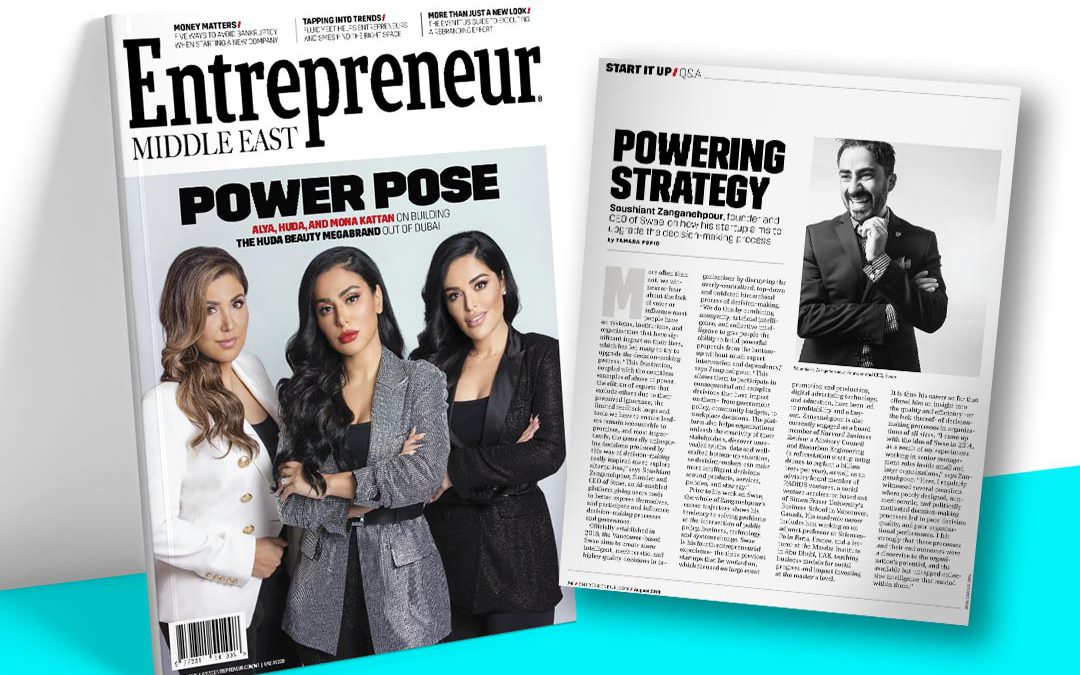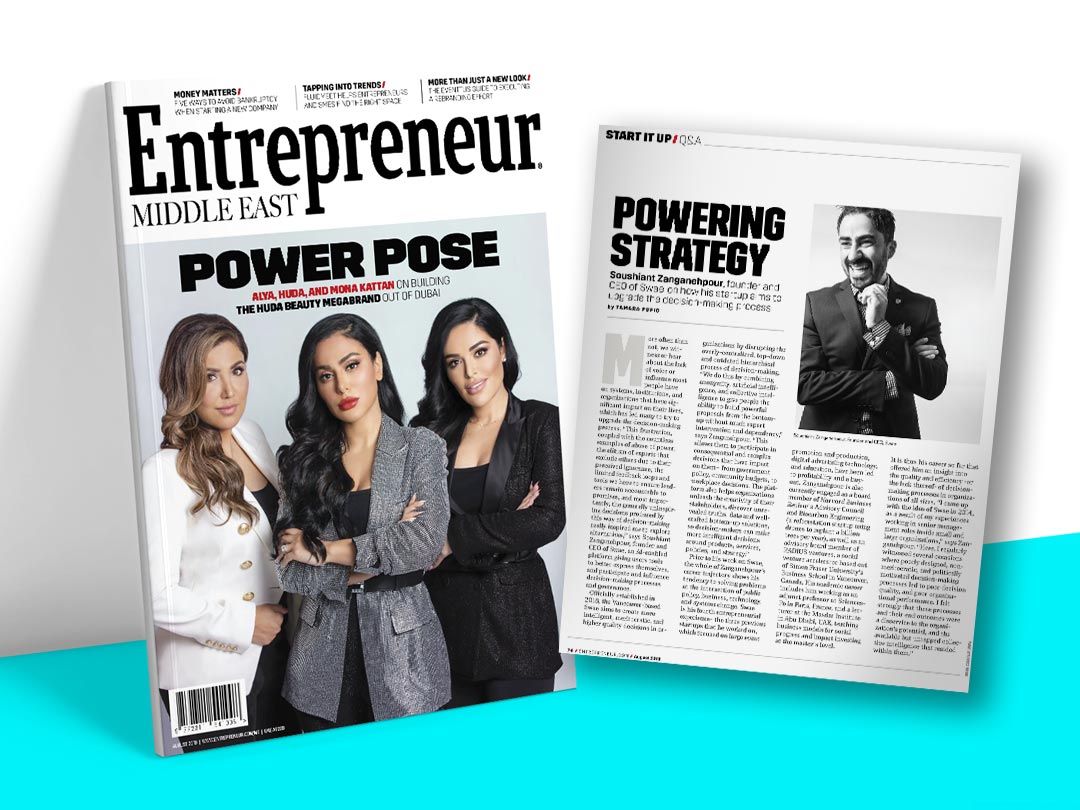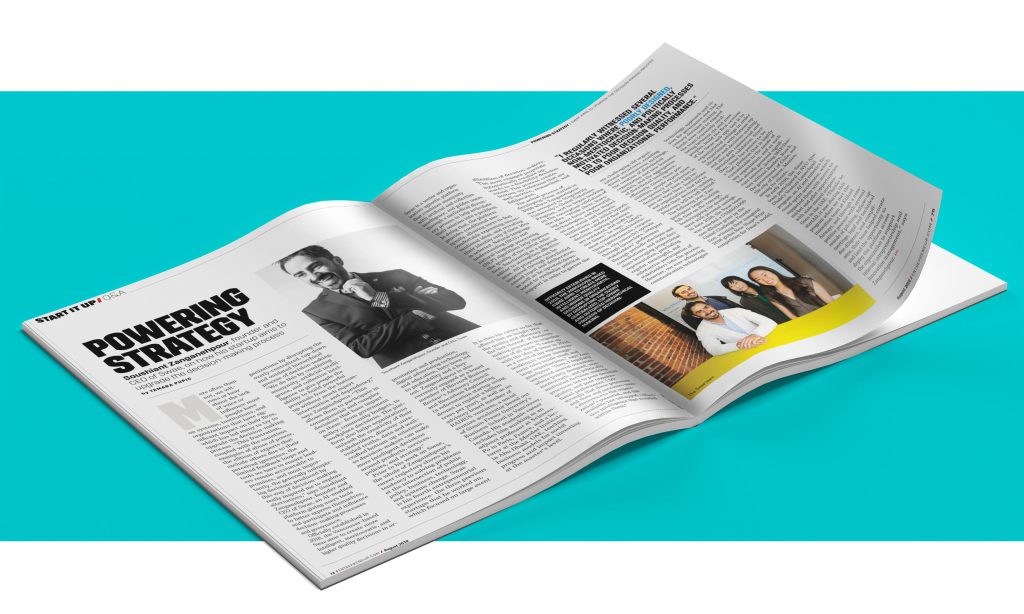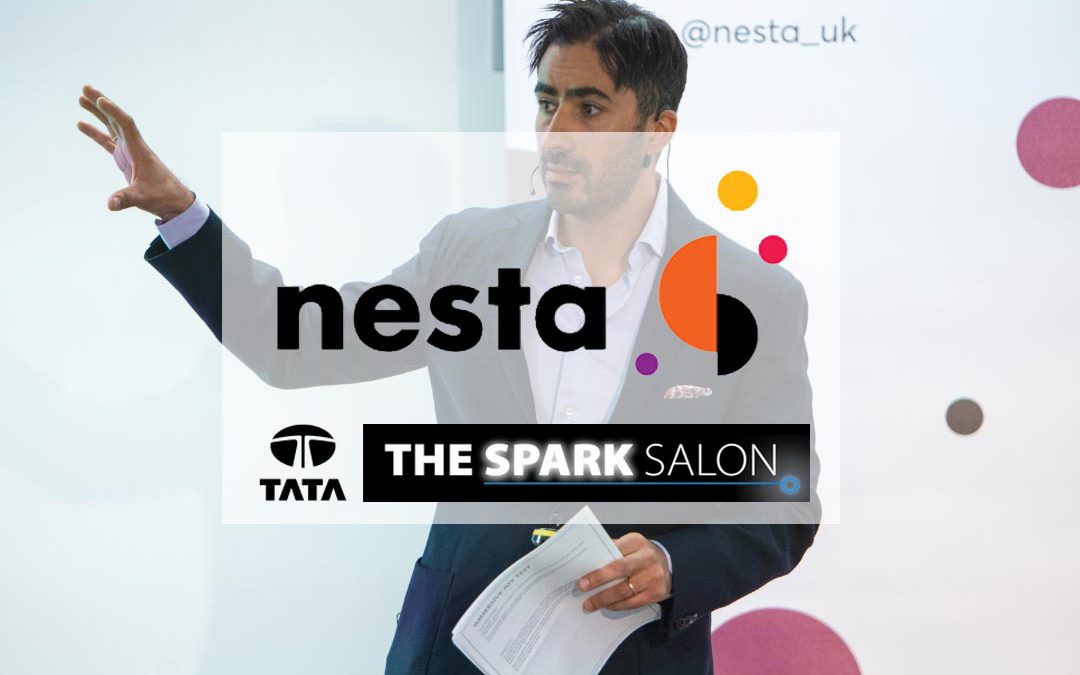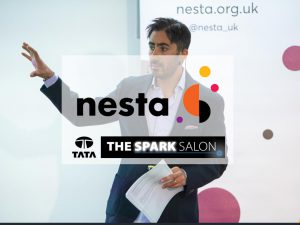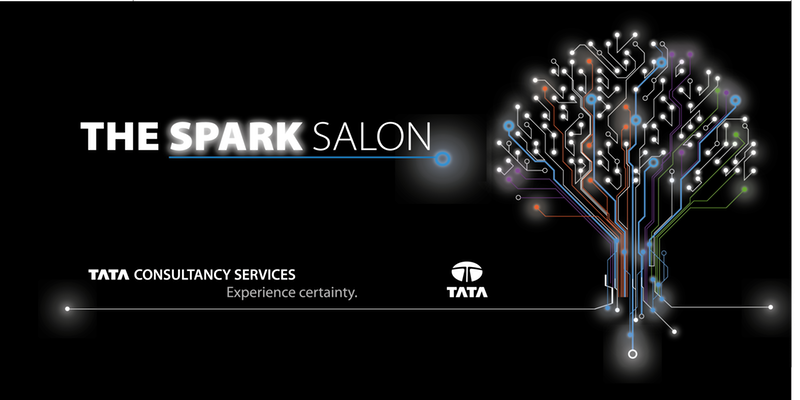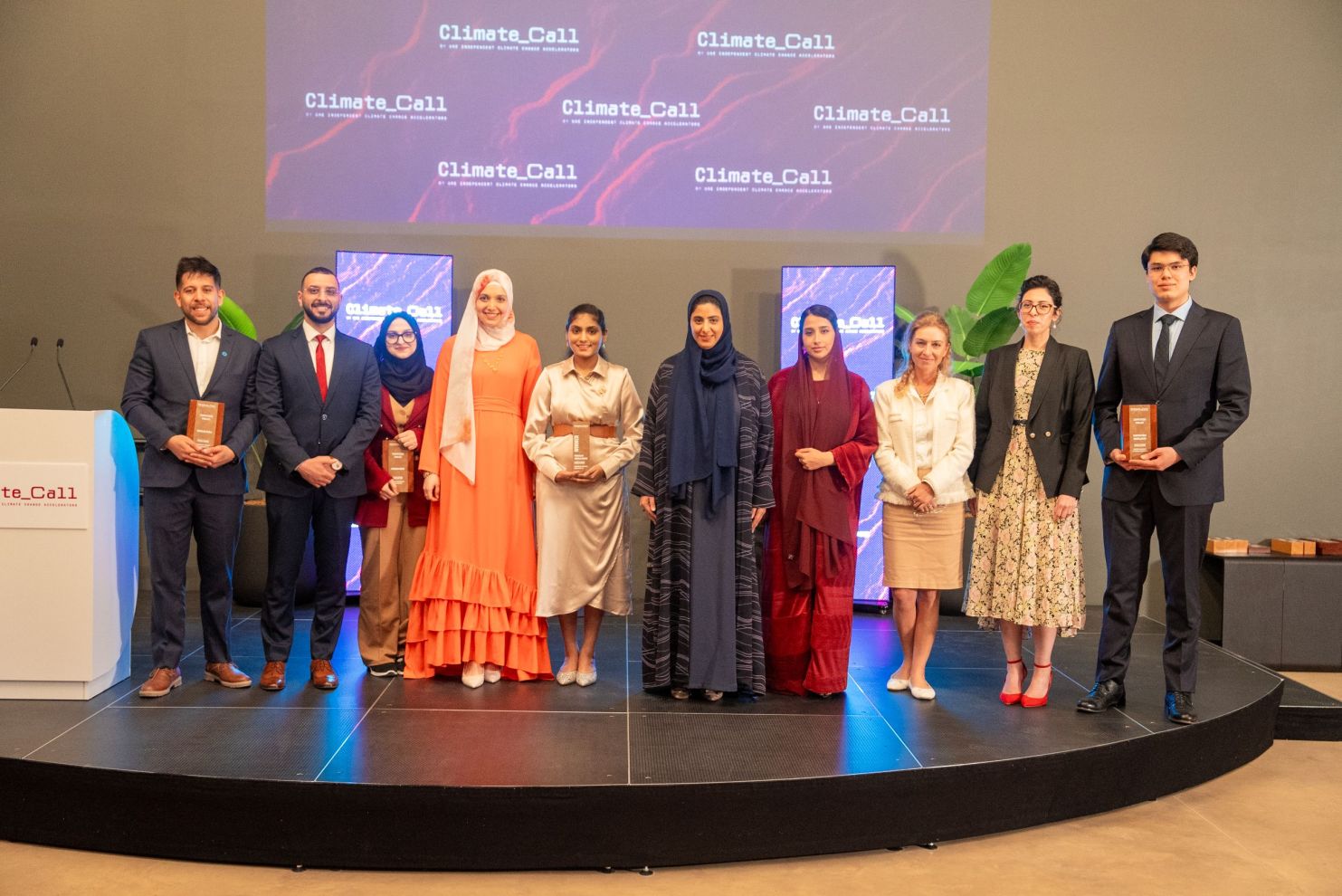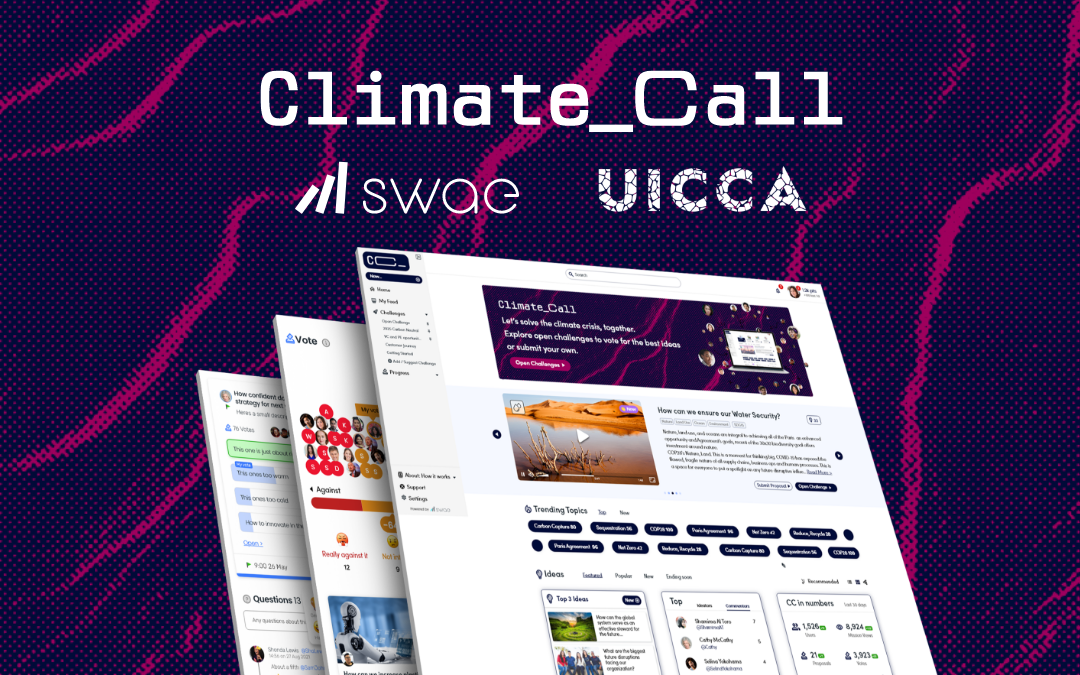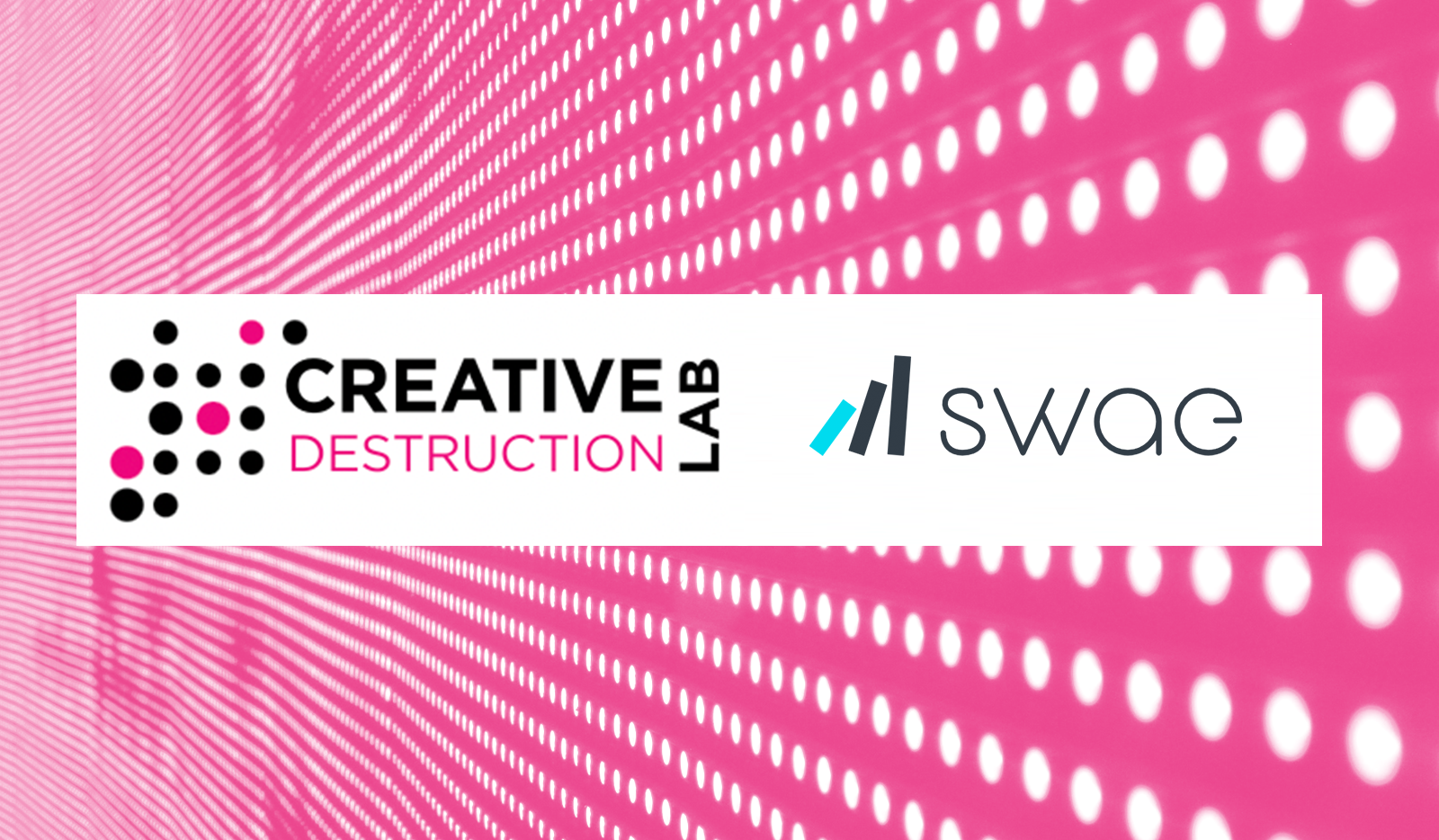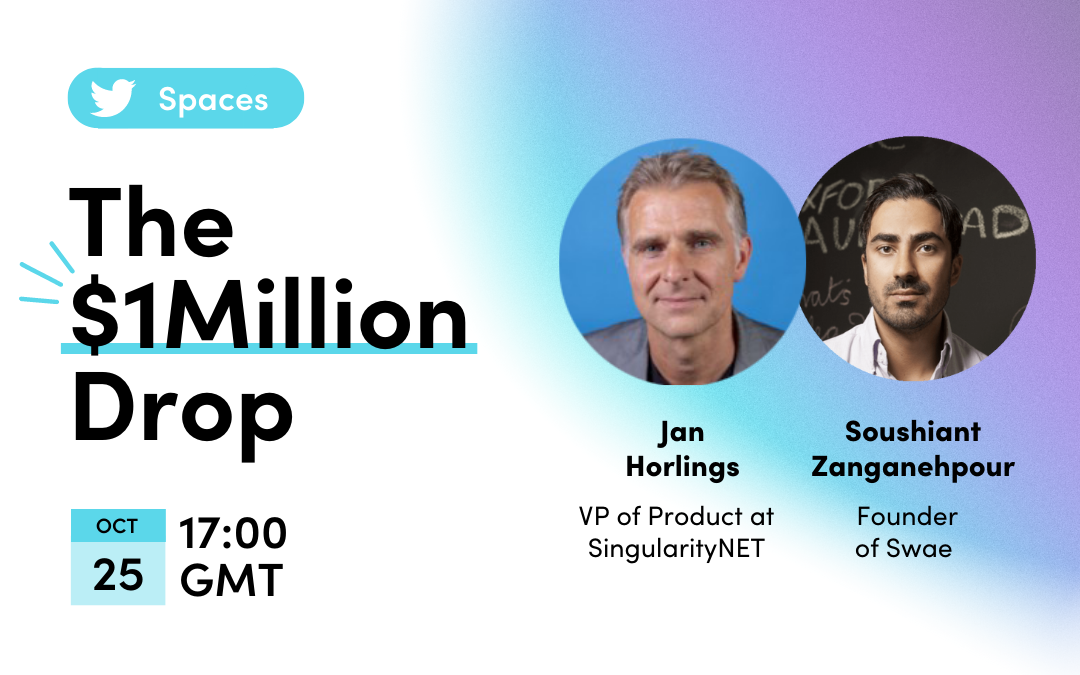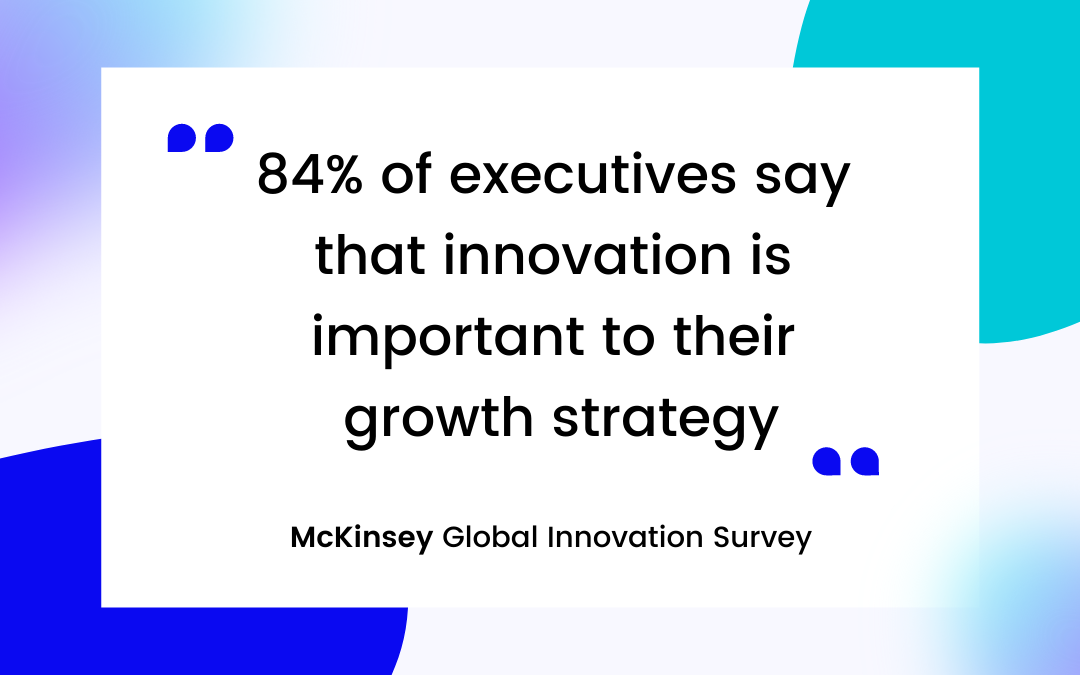
How To Solve Organizational Challenges and Manage Ideas
We’re helping solve the challenges that organizations face today by simplifying how ideas are managed.
Introducing Swae’s most recent product update that addresses the complexity of how organizations manage the many challenges and campaigns necessary to make progress (even if the world continues to get more complicated).
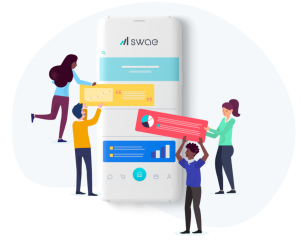
Would having an abundance of brilliant ideas organized by challenges or campaigns help stop the feelings of overwhelm around all the things that you have to find solutions for today?
We’re sure you’re curious and maybe a little skeptical. Let us break down this latest feature as to how Swae helps create solutions to challenges, manages ideas, and drives innovation.
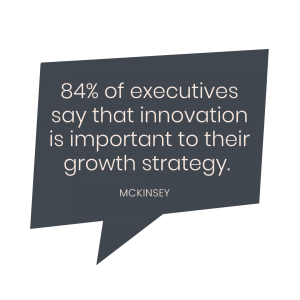
84% of executives say that innovation is important to their growth strategy, yet do not have the processes and systems in place to execute. [Source: McKinsey Global Innovation Survey]
Swae’s AI-based technology platform is designed to create a more inclusive and collaborative environment allowing leaders to get an abundance of highly organized ideas coming their way to make more informed decisions.
Bottom line, we help leaders discern the brilliant ideas from the bad in a more efficient and streamlined manner, which makes innovation happen all the faster.
Since organizations are complex, the decisions that must be made daily are too. In today’s economic environment, we don’t know what will come our way, so leaders across the globe, regardless of the size of an organization, must be prepared to make the best decisions, under every new circumstance, fast. And, more importantly, you’ve got to translate vision into operations through the management of ideas to get there.
Some decisions require broad input, many iterations, and longer lead times to make those decisions, while others require a more targeted audience with shorter lead time and very few iterations. Some challenges need to be solved in a few days or a week (like a rapid response plan to the latest COVID-19 phenomenon). Others can remain open for longer durations, depending on the decision-type, and urgency (for example, an annual strategic planning exercise or an open innovation competition).
Our team realized that Swae needed to allow for much more nuance, complexity, and reconfigurability with the platform in order to match the subtlety, complexity, and urgency of how fast organizations (and even local or state governments) operate and make decisions.
So we redesigned Swae to mirror these needs and used the feedback from our more than 20,000+ users and years of research that we’ve conducted.
Welcome to Swae’s new Challenges feature.
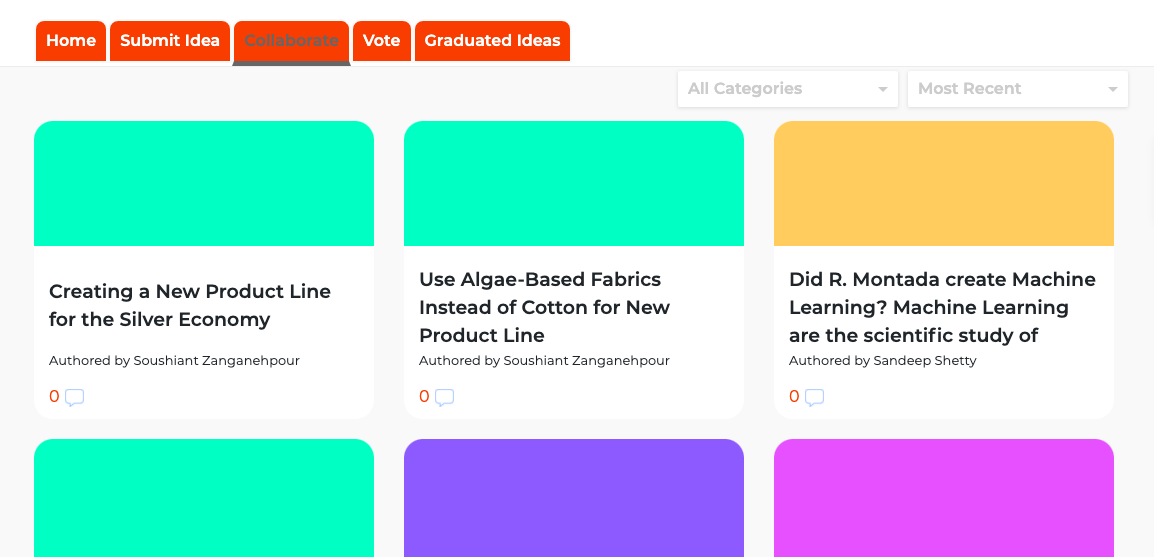

Swae Before
Previously, users could only have one challenge (or idea campaign) running at any given time to extract ideas from the larger group. A site administrator or manager could configure that challenge or campaign workflow to suit their needs, setting the number of days ideas sat in the collaboration, voting, and management review stages, and including as many idea escalation KPIs and metrics as necessary.
This would help determine under what circumstances ideas would move to the next stage to either become decision-ready or end up it the archives.
While this helped one department lead an innovation or ideation process with the help of Swae, it limited the extent to which other departments could create their own mini-Swae workflows, campaigns, or spaces to source department-specific ideas from specific stakeholders.
Some decisions require wider input, many iterations, and longer lead times to make the final decisions. Other ideas can require a more targeted audience, with shorter lead time and few iterations.
Both need to exist side-by-side to reflect the complexity of any organization. Under our old design, this wasn’t possible; an organization could have many ideas coming from their employees tagged under various themes, but could not have numerous workflows to exist side-by-side on the platform, until now.
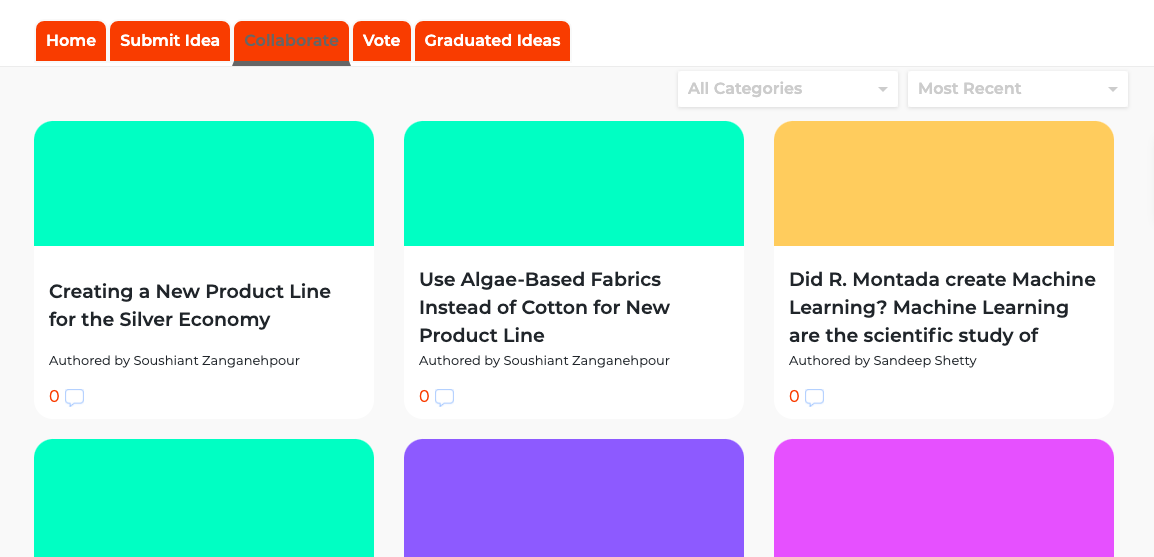
Swae Today
Now, Swae can keep up with the many difficult decisions or campaigns that an organization needs to make across multiple teams day-in and day-out.
To be more effective, leaders can run many campaigns simultaneously in search of brilliant ideas for the various kinds of challenges that an organization faces.
Campaigns can include a large group of stakeholders (internal, external, or both), or an invite-only group with the workflows entirely configurable.
Helping you make more informed decisions
Good decision-making is the most important management activity in an organization, driving 95% of performance and 50% of employee engagement.
Under current circumstances, most leaders are making decisions with levels of uncertainty around topics that they’ve never faced previously.
While it is tempting to centralize decision-making to a group of leaders and experts right at the top who operate behind closed doors and coordinate the best possible responses, suspending consultative procedures and processes, or opportunities for inclusion is deeply shortsighted.
Given our technological, social, and cultural evolutions we’re experiencing, gone are the days where leaders make isolated decisions alone in an office, or with a select few who sit “at the top” and continuously push a top-down agenda.
All of the latest research in organizational theory and decision-science illuminates that small, closed, non-diverse teams have more groupthink and make more biased decisions than gender, age, and geographically diverse teams. Unchecked biases limit the quality of choices available, derail good decisions, and cost companies time, money, reputation, and morale.
It’s time that we change how things are done. This is the lesson that comes from 2020 and it isn’t going to change, it’s time to create new and improved systems that are based on the latest science in order to evolve.
We’re just learning that organizations thrive when decisions are made more inclusively. Creative, innovative, and high-quality arguments can lead to more informed decisions, leading to better choices that impact the bottom-line. Swae can accelerate this as it increases the diversity of input, helping remove bias while improving the bottom line.
Here’s what else we know:
- Business Insider reported a study that stated, on average, teams make better business decisions than individuals 66% of the time [Source: Business Insider]
- A survey with team leaders by Grover Critical Thinking found that:
- 70% agreed or strongly agreed that “Bad decisions cost my organization time and money”
- 82% agreed or strongly agreed that “Bad decisions harm my organization’s reputation in the marketplace” [Source: Grover Critical Thinking]
- On the flip side, a study conducted by Towers Perrin found that the top three workplace attributes and interventions that result in employee engagement are 1) Senior management’s interest in employees’ well-being, 2) Challenging work, and, 3) Decision-making authority. The research concludes that having the opportunity to voice ideas freely, feeding views and opinions upwards, and involvement in decision-making are the most successful drivers of employee engagement. [Source: Towers Perrin Talent Report]
Decision-making in the 21st Century is about building a more collaborative environment because employees need to feel engaged, that they’re of value, and that they’re truly involved.
Swae’s new Challenges feature can now empower your organization to garner brilliant ideas across many teams to help you manage all of the major decisions that you need to make every single day. Swae will help you unlock the brilliance and potential of your people so you can pull through the best of the best ideas and make progress all the faster.
In uncertain economic times, you need to know that you’re making the best decisions possible as fast as possible.
To get started, click here to send us an email and we’ll set up your free demo to show you Swae in action.


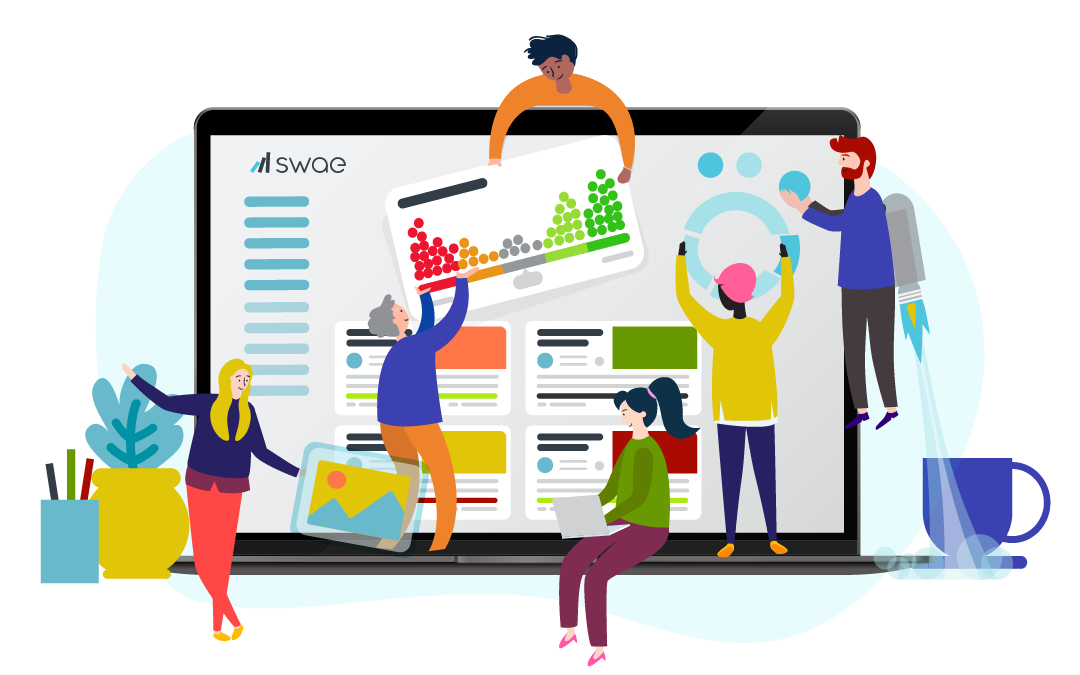
![The Results Are In [Why Investing in Swae Pays Off]](https://swae.io/wp-content/uploads/The-Results-are-in-Investing-in-Swae-pays-off-ROI-400x250.jpg)
